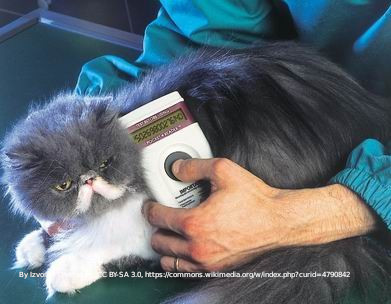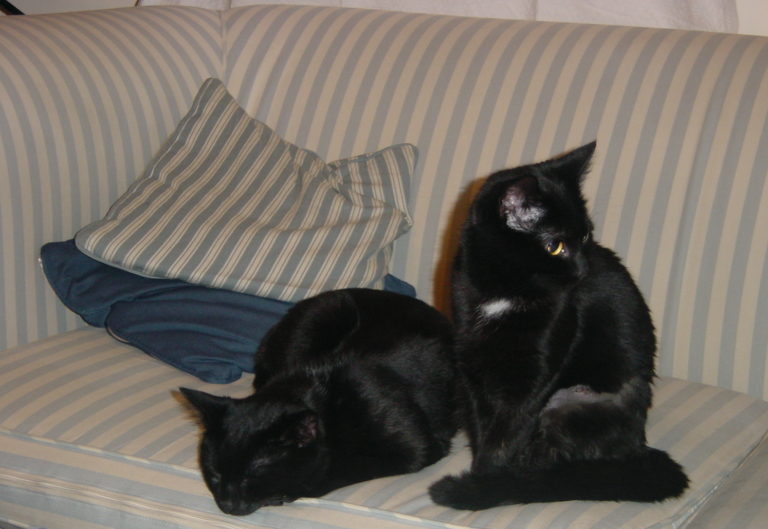Veganism has gained a high profile lately, and some cat owners are interested in feeding their cats vegan cat food. Is this a good idea?
Taurine in the vegan diet
One vital ingredient of standard cat food is taurine. Taurine is an amino acid vital to cat health. They can’t produce enough of it themselves, unlike other mammals, so are reliant on finding it through their food. It can only be found in animal proteins, so vegan cat food needs to be carefully formulated to contain it. This article on Pet Central goes into details, but essentially cats need taurine for a healthy heart, digestion and vision, among other functions. Blindness and heart disease are just two of the problems that arise from insufficient taurine in a cat’s diet.
As Vegan.com acknowledges, switching a cat’s diet is notoriously difficult. Cats are fussy and tend to make snap judgments. There is no guarantee whatsoever that your cats will co-operate with the changes you might want to make. That aside, the site makes this interesting point:
Fortunately, taurine and arginine are both easily synthesized from vegan sources. Any reputable brand of vegan cat food will therefore feature taurine and arginine in their ingredients. But taurine and arginine alone won’t cover a vegan cat’s nutritional needs. Cats typically obtain most of their vitamin A and D from animal sources.
Evidence
As yet there is no real evidence about the effect of putting a cat on a vegan diet. As well as taurine cats need vitamin A and arachidonic acid, which some vegan cat foods are including. Long-term studies don’t exist yet, so it’s impossible to say categorically how a vegan diet will affect a cat. Anyone planning to put their cat on a vegan diet will need to do take great care to ensure their cat takes in all essential nutrients and be vigilant to any change in their cat’s health and condition. The RSPCA recommends putting a cat on a vegan diet only under the supervision of a vet.



